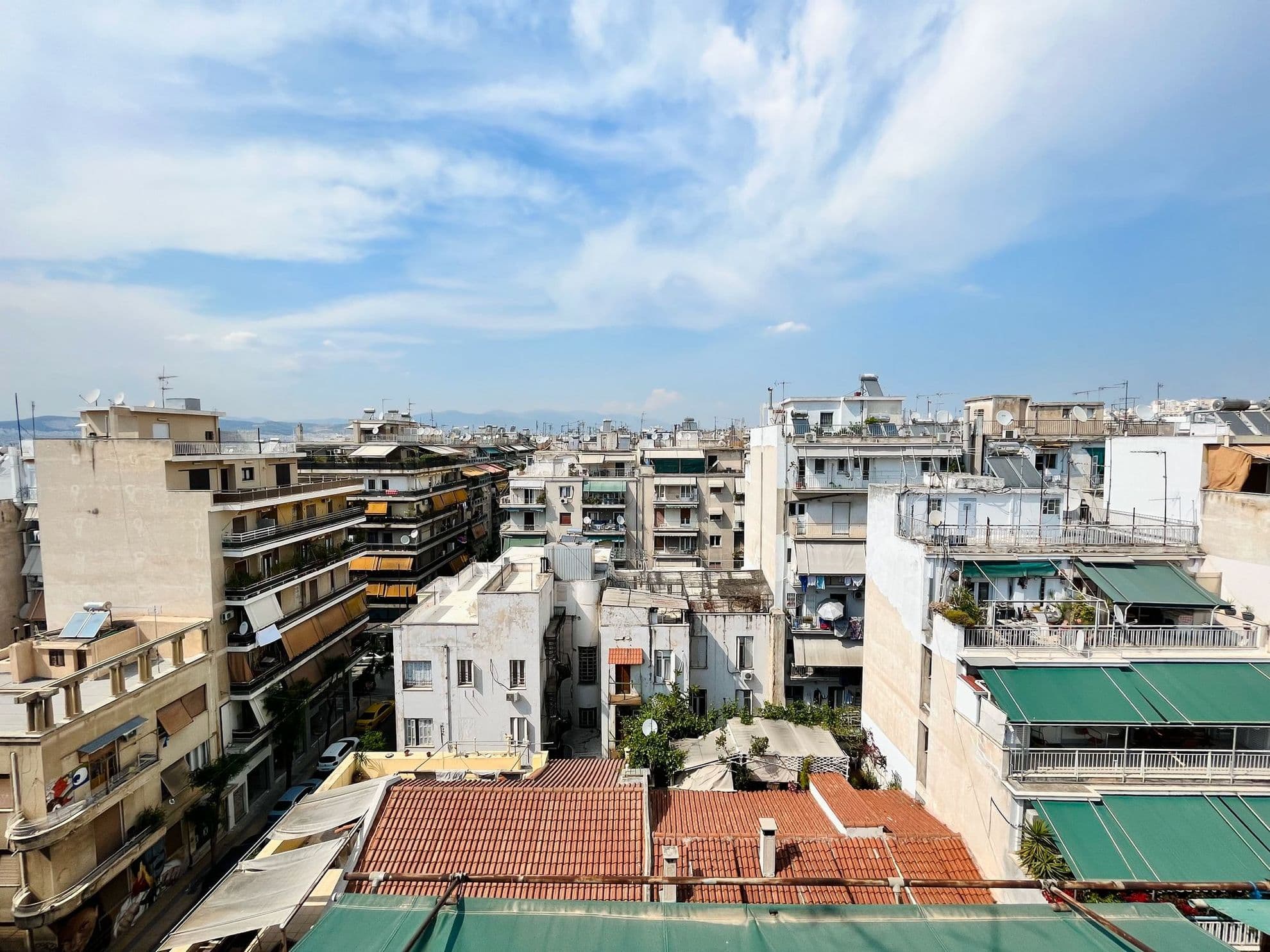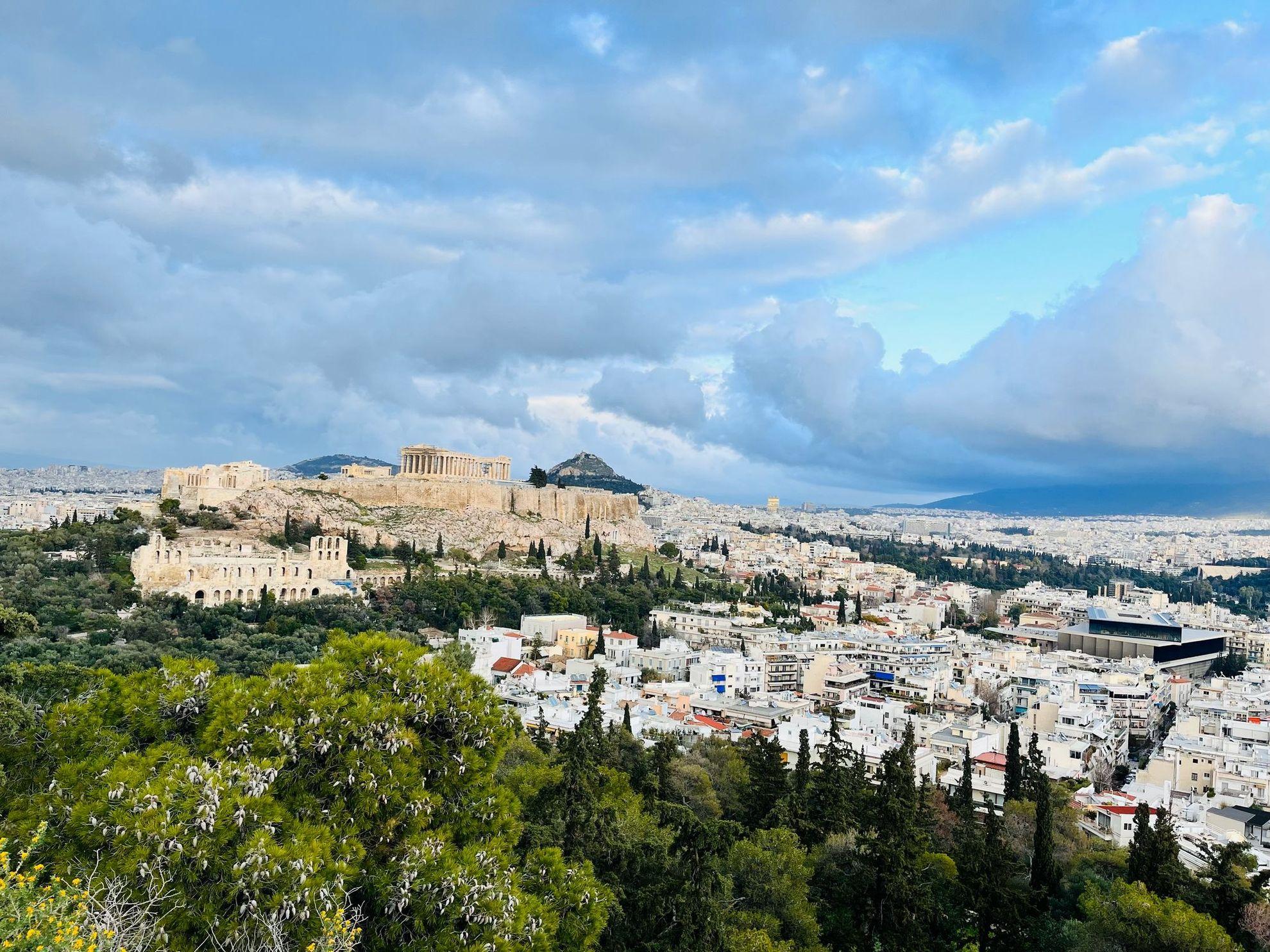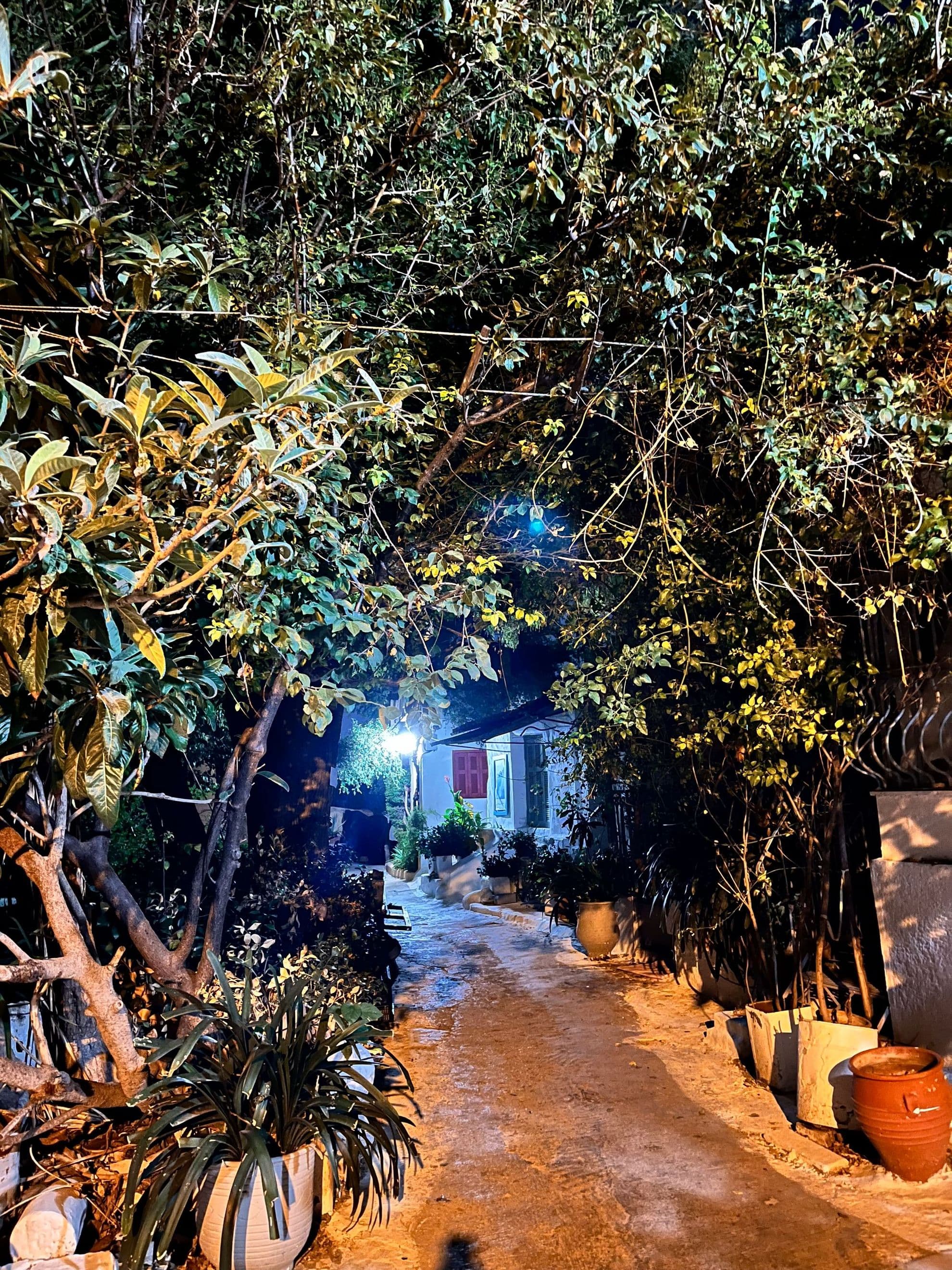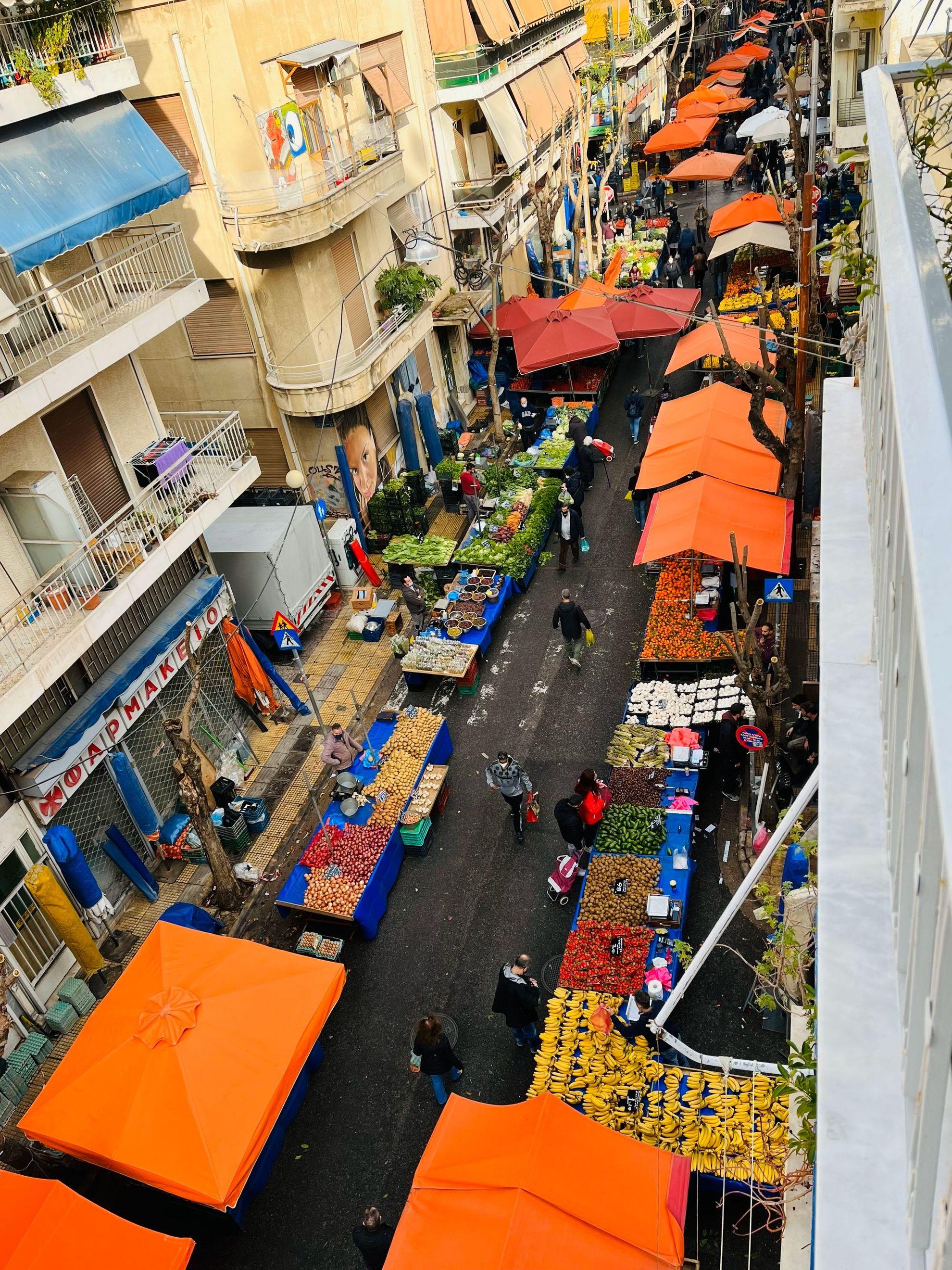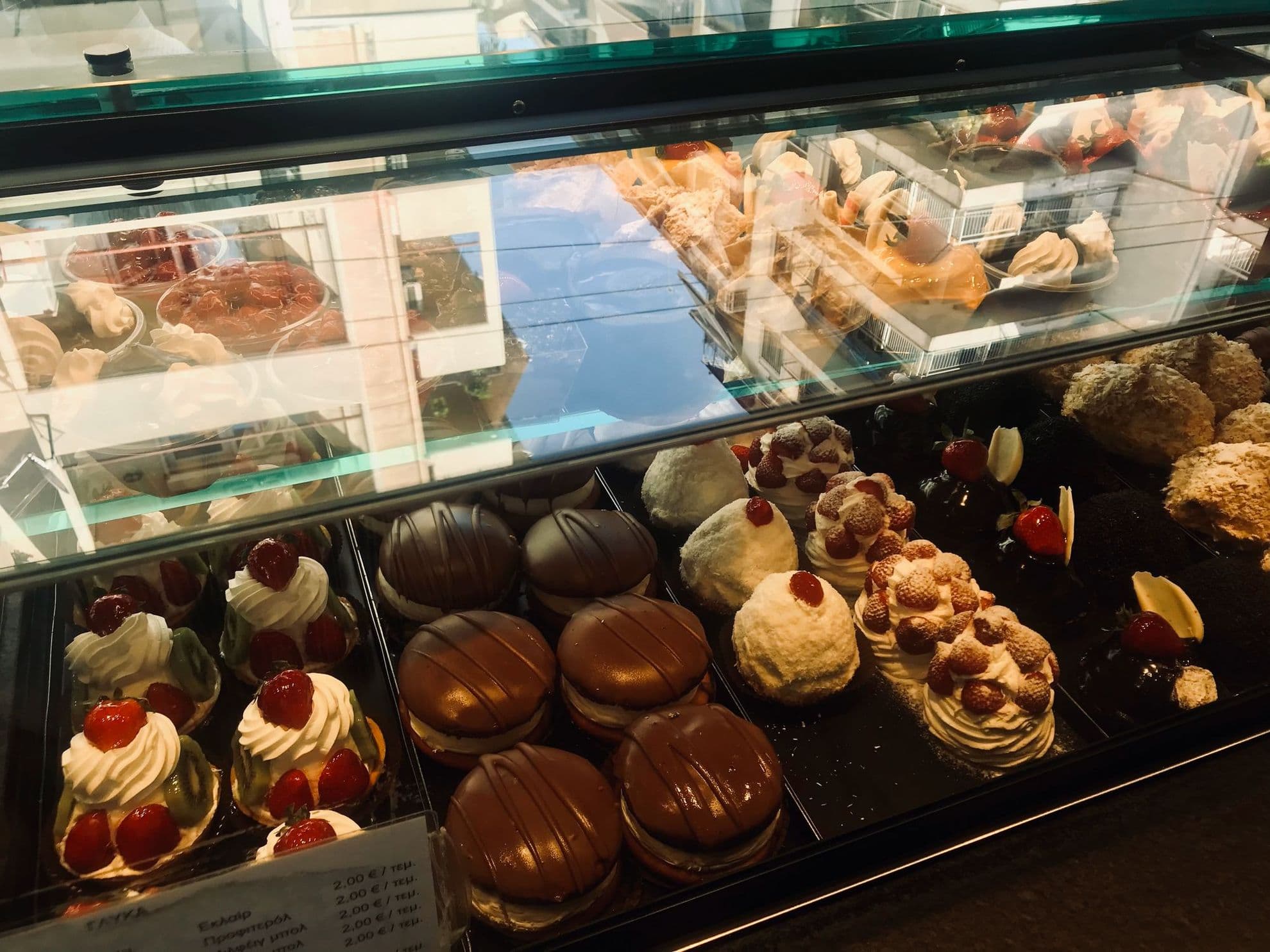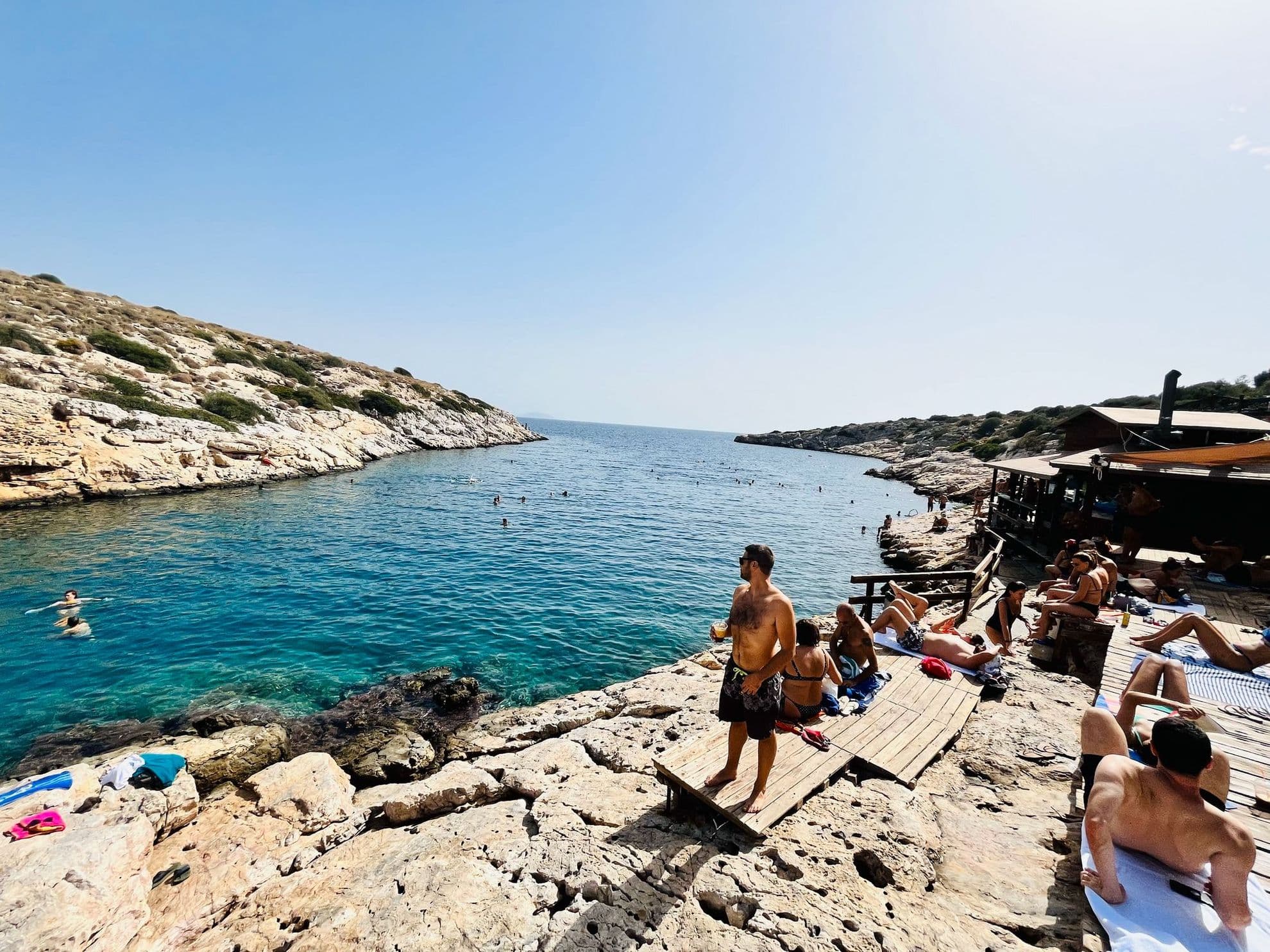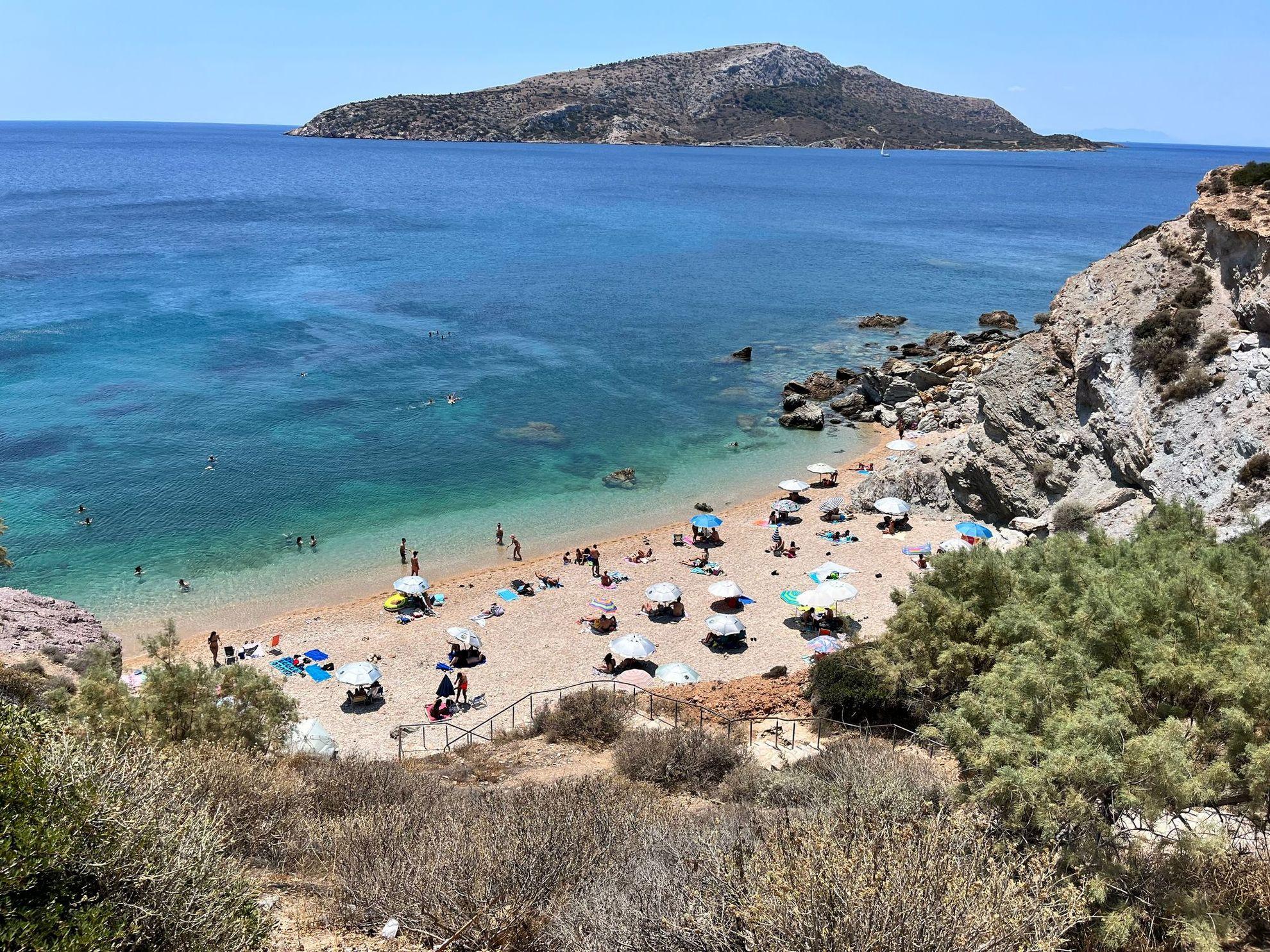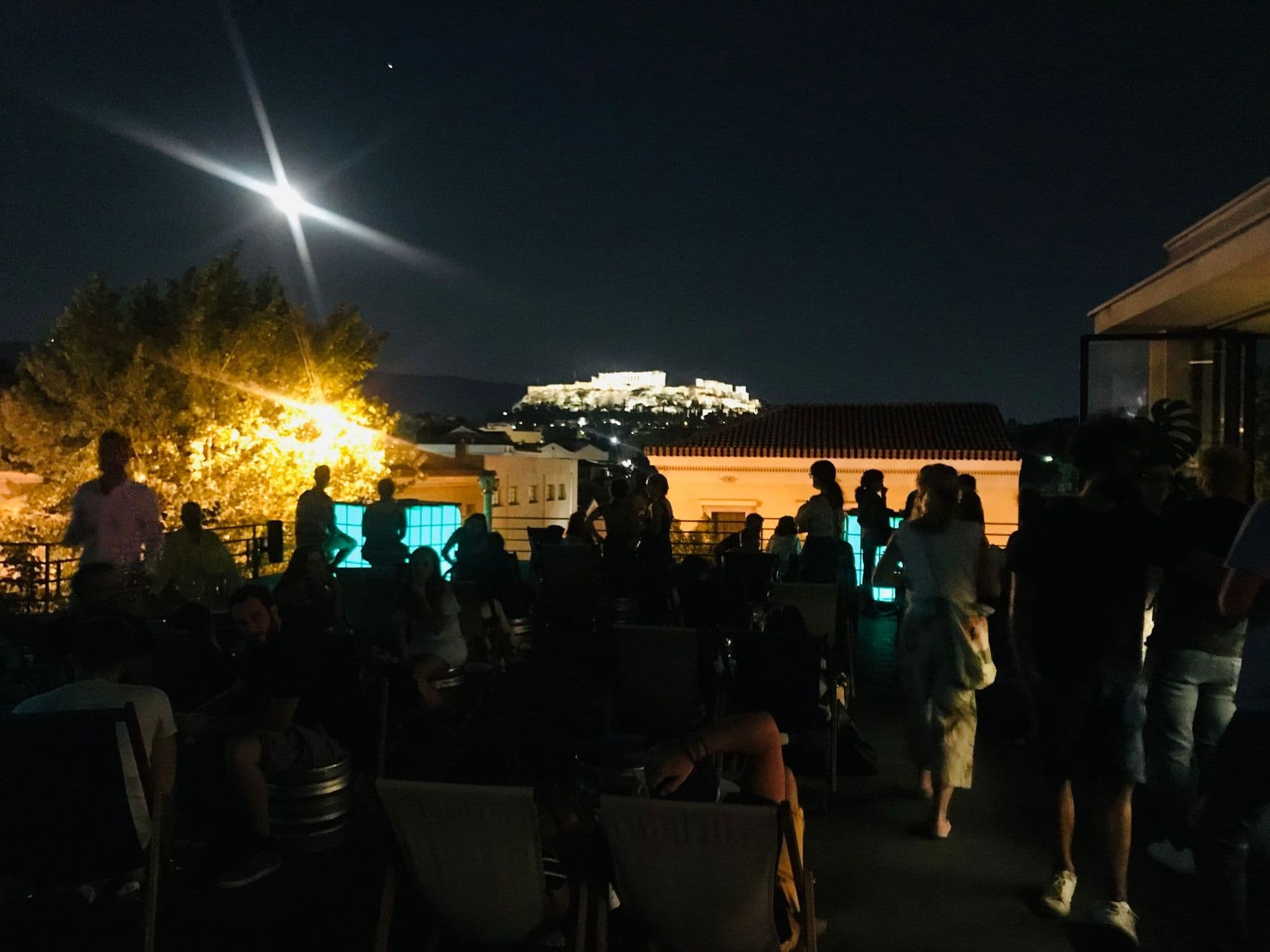There are moments when Athens makes you feel truly special, as if just being close to it gives you access to an infinite world of possibilities.
And there are moments when you find yourself thrown out of the whirlwind of tenderness with the brutality of a shovel to the head, and unable to decide if what you experienced was real or just a bizarre hallucination.
There are moments when Athens makes you feel truly special, as if just being close to it gives you access to an infinite world of possibilities.
And there are moments when you find yourself thrown out of the whirlwind of tenderness with the brutality of a shovel to the head, and unable to decide if what you experienced was real or just a bizarre hallucination.
Athens: What to Do When You're No Longer a Tourist but a Part of the City. Secret Spots, Tips, and What to Avoid
English Section
01/08/2024
My favourite thing about Athens is it's life.
A life that flows like hot blood through the pothole-ridden arteries of a tormented city; violated by real estate investors driven by the potential huge gains from selling to financially potent expats from Asia and Western Europe, building in every remaining green corner of the city, over parks and historic buildings, sterile blocks with glass and metal balconies, like tumors of greed.
A life that trickles through the fumes of a city that makes Bucharest seem like an ecological haven, amid poverty and exploitation, with the stubbornness of a desert species. The life of the elderly who, even at 80, go out, drink their coffee, and eat their souvlaki with friends. The communities.
The warm, shared life of the families who stubbornly stick together, living in a fusion that I find hard to understand whether it is the healthiest form of human coexistence or a cultural pathology that keeps children tied to their parents by the umbilical cord until old age.
Life.
Walk
In the first days after arriving in the Greek capital, more than three years ago, I liked to joke that every trip to the store made me feel like Christopher Columbus. Not only because I had to ask for permission via a text message sent to the authorities to leave the house due to the second lockdown that kept the whole country completely closed for six months.
But also because the only thing you could do was walk, for hours, through the streets emptied of tourists, past the hundreds of closed cafes and restaurants, whose existence seemed only proven by the chairs placed on the gathered tables and tied together with chains.
Mulți ne citesc, puțini ne susțin. Fără ajutorul tău, nu putem continua să scriem astfel de articole. Cu doar 5 euro pe lună ne poți ajuta mai mult decât crezi și poți face diferența chiar acum!
Maybe that's why one thing I still love to do in Athens, even after all this time, is to walk. One of my favorite walks is still the one on Apostolou Pavlou, from Thissio metro station to the top of Filopappou Hill, especially if I happen to be there at sunset when the sun rolls behind the sea visible from the top of the hill, shimmering on the horizon.
Then, after the sun sets, to change perspective and turn my gaze towards the illuminated Acropolis, which looks its best after dark. Or to turn my gaze to the other side of the city, towards Koukaki.
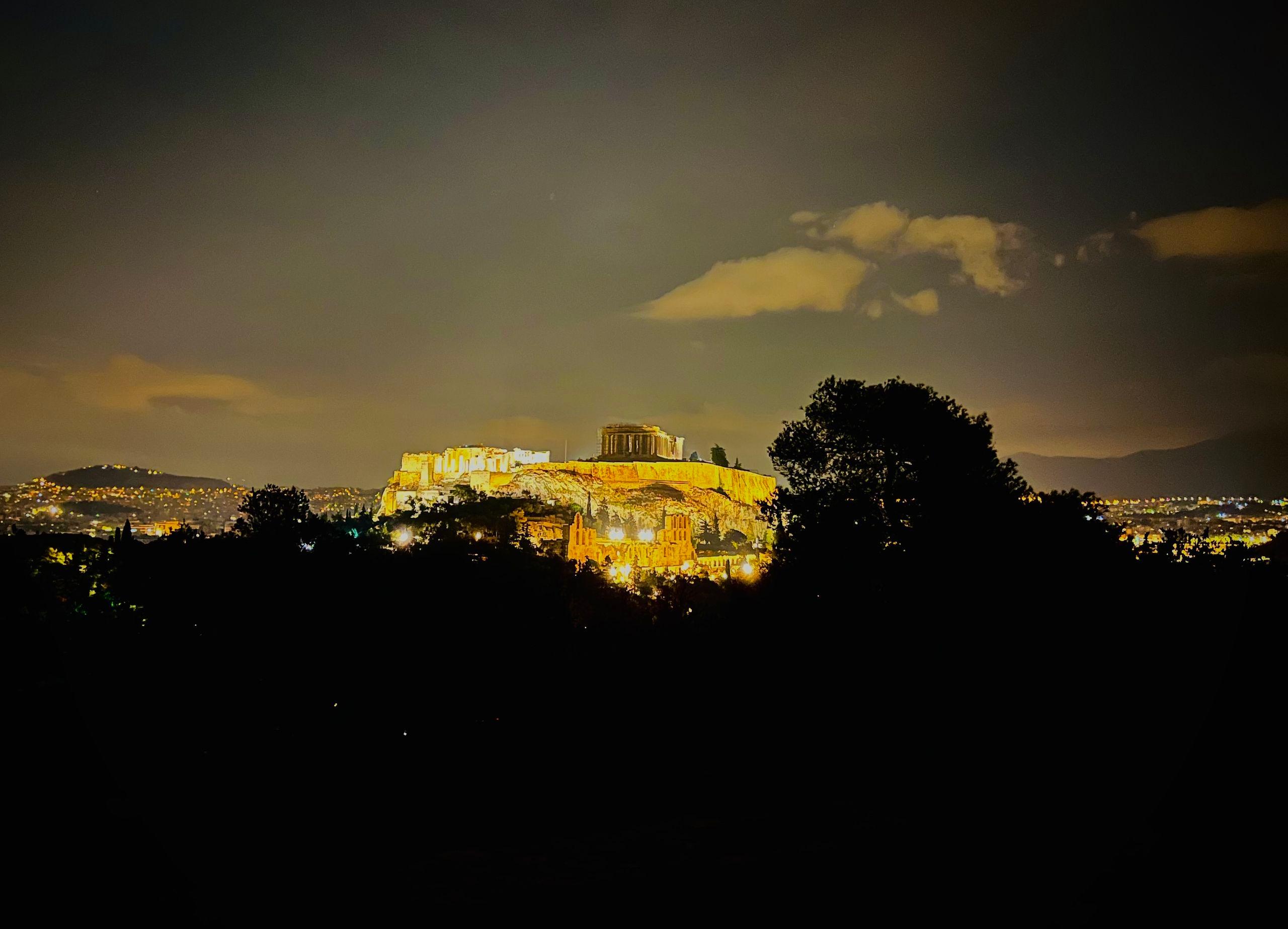
The Acropolis from Filopappou Hill. Photo: Ioana Epure
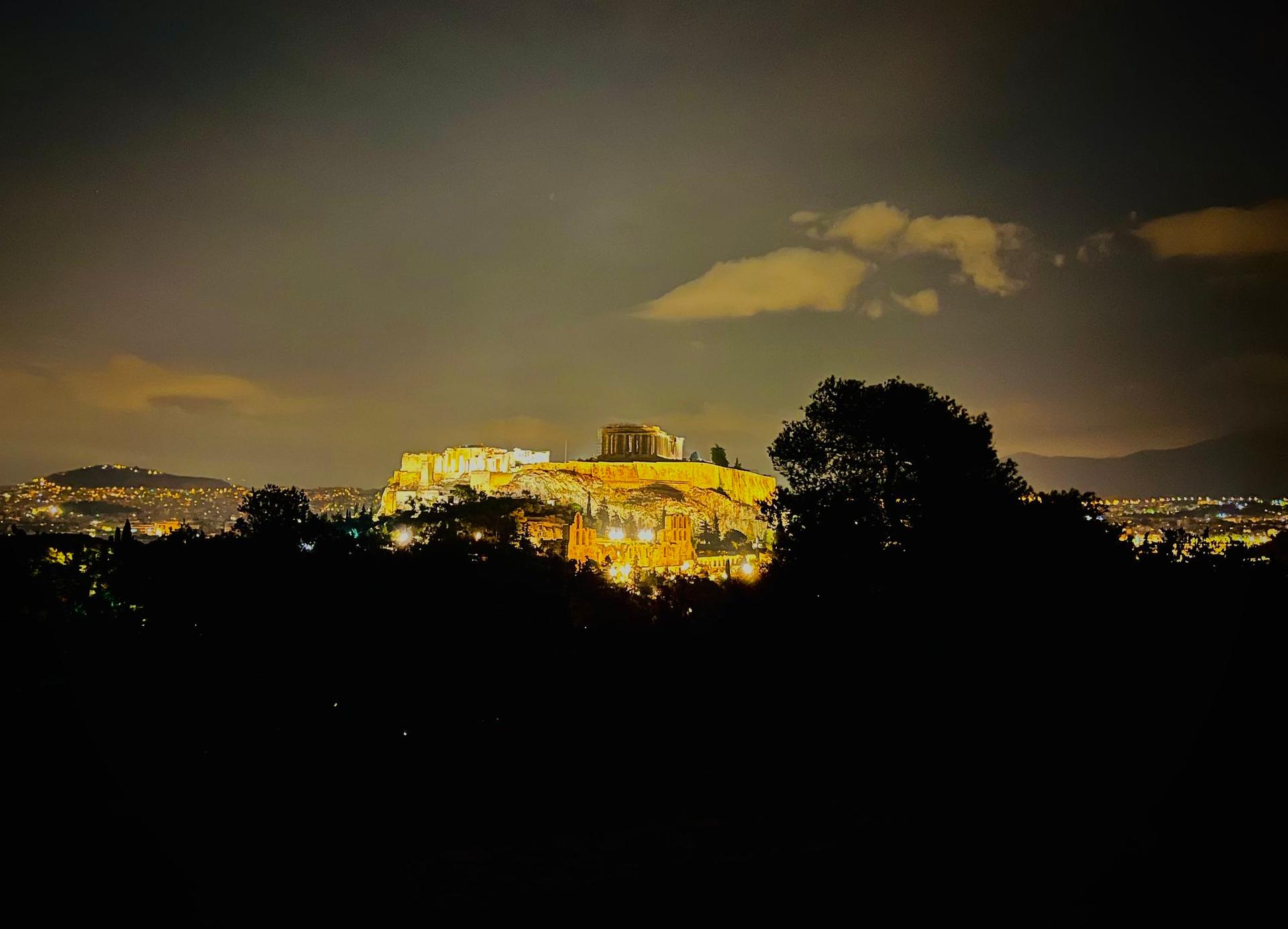
The Acropolis from Filopappou Hill. Photo: Ioana Epure
The park around the Filopappou Monument is, in fact, a place where I still retreat when I need to think, perhaps still dizzy from the splendor of the April evenings I spent there in the first months after I came to the city, with dozens of hours of music I listened to there in solitude, gazing into the distance at everything and nothing, and at all the things I wanted to do: tomorrow, next week, next month, next year.
Predator in Robes: The Diocese of Iași and the Vatican Buried a Sexual Assault Committed by a Catholic Priest Against a Minor in Bacău, Failing to Alert Prosecutors
A Roman Catholic priest abused a 13-year-old girl in the parish where he served in Bacău County: the bishop of Iași knew about it, sent the case to the Vatican, and applied canonical sanctions, but did not notify the authorities, who only intervened later and sentenced him to prison.
If you ever find yourself there, descend towards Petralona, one of the oldest neighborhoods in Athens, on streets like Dimofontos, Troon, Gennaiou Kolokotroni, Dryopon, Dorieon, where not even in the middle of the tourist season will you be bothered by too many people. Here, the old and colorful houses, or those built of stone, make you forget how close you are to the chaos and the thousands of people streaming on the other side of the hill, in Monastiraki.
If you have the patience to stray from the known paths, in Athens you will always come across small, cool streets where the sun only shines in the morning and where you can slip among traditional cafes (kafeneio), where day after day the city's grandparents drink their coffee from a briki, chat, and play backgammon. In neighborhoods like Exarchia or Kypseli, for example, although both are gentrifying at a dizzying pace and these old establishments are among the first victims.
Un newsletter pentru cititori curioși și inteligenți.
Sunt curios
But in my memory, a perfect Saturday morning has always been one that started in the Pangrati neighborhood, with a visit to the Basil & Elise Goulandris Foundation Museum—where, among other things, you can see works by Picasso or Monet—followed by a walk on the narrow back streets (Ironda, a pedestrian street, once hosted one of the best Italian restaurants in Athens, Trattoria Italia D’Onofrio, which has since moved to Petralona).
Get yourself a koulouri and a coffee
Just like that, I fell in love with—and they have stayed with me—the mornings with freddo cappuccino and freshly baked pies. On one of the first days I lived here, a friend taught me one of the most important elements of Athenian life: knowing how to order your coffee. Whether you want a freddo or a hot coffee. Whether it's with milk or without, or just a traditional coffee (elliniko). Whether you want it with sugar, and if so, what kind and in what quantity. Whether you want chocolate or cinnamon on top.
"Freddo cappuccino metrio mavri" was the first Greek phrase I learned to say in one breath.
Going to the bakery on Saturday morning—almost any bakery in the city, the smell of warm bread and koulouri mingling with the scent of orange blossoms—remains one of my favorite things in Athens.
Along with the laiki, the street market.
Go to the market in Athens
At one of the addresses where I lived, there was a laiki ("people's market") every Saturday morning right below my apartment. An ad-hoc market that completely occupied an entire street from end to end, setting up noisily around 4 a.m., so that by 6 a.m. the selling of juicy fresh oranges! one euro per kilo! tomatoes, cucumbers, salads, come on, come on! could begin, to serve the early-rising grandmothers who, by 7 a.m., had filled their wheeled carts with the best products from the stalls, carefully and patiently selected, so that later, they would have time to queue up in the smell of the grill at the souvlaki stand, leaving with a kalamaki on a stick.
To have the energy to cook, from lunchtime onwards, ten pots of gemista (stuffed peppers and tomatoes) or pastitsio for themselves, their children, grandchildren, the whole clan, and the neighbors on their floor, because how else?
I never came back empty-handed from the laiki; it always seemed like an impossible mission. I would buy vegetables I didn't even know what to do with, just because they looked good on the stalls. That's how I discovered how much I love persimmons, which I still hunt for today. Or pistachio jam. Or freshly cracked walnuts piled high on the stalls.
And the simple dishes I managed to whip up at home from the products I hunted: omelets with country eggs and feta cheese from Kalavryta, fried red mullet (barbounia), and baked sea bream (tsipoura). Freshly squeezed, sweet orange juice. Small things. But significant.
Get yourself something sweet
It’s absolutely impossible for me to pass by a pastry shop or bakery and walk away empty-handed. For a long time, I was obsessed with touloubakia, sweets that look like oversized, syrup-soaked earplugs, which made me feel like I was going to explode from all the sugar.
I didn't say I recommend it. But for some of us, there's no such thing as too sweet. There's no such thing as too much kataifi, kokakia, homemade loukoumades, portokalopita, melomakarona, ekmek, or baklava. On Saturdays, while walking through the city, it still seems to me that all the streets smell of sugar and freshly baked bread.
Go to the beach, but be careful where you go
My first love—mine, and that of many others who like to sunbathe on rocks rather than share fine sand with families with children—was Limanaki. More specifically, a deep-water cove, but always calm, surrounded by rocks all around, where in the summer what appears on the map as Lefteri’s Canteen opens—though I don't know who Lefteris is and I doubt he drops by very often anyway.
In the blue and calm water of the cove, I like to float on my stomach, face down, lifting my head from time to time just to take a breath, then continuing to watch the schools of fish swimming among people's legs. (Note, however, Limanaki is not a good place for those who don't know how to swim or for those looking for sunbeds, umbrellas, and sand.)
Out of love for Limanaki, I endured weeks of taking bus 122, which I would catch from the end of the red metro line at Elliniko, theoretically reaching the beach within an hour. Worse than the crowding and the long journey was the waiting. Bus 122, along with 2-3 other ghost buses that appear in the local public transport app but are only seen when you don't need them, drove me to desperation and pushed me to learn, at 35, to ride a scooter. I then bought one and returned with even more enthusiasm to exploring every corner of the beach along the Athenian Riviera.
Unfortunately, it's a Riviera in the process of destruction, suffocated year by year by increasingly crowded, expensive beaches, adorned with bars playing bad music, huge inflatable slides, and all sorts of constructions.
I continued to explore, as if on a personal cartography project, for the brief dopamine injections I got from small discoveries like Limanaki, the nudist beach in Voula (Pikpa)—which I initially had to access through a hole in a fence—Kavouri, Thimari, Charakas, and, the furthest from Athens, one of my favorite beaches, Kape.
Then, a few days visiting a friend in Saronida made me completely fall in love with the semi-sleepy town located just 30 km from Athens, where there is almost nothing to see or do except lie in the sun. Perhaps her house, perched on a hill with a view that encompassed the entire sea, also contributed to this.
I like to go to the beach in very few places on the Athenian Riviera, and only on certain days when I know they won’t be crowded. It took me a while to figure this out on my own—at the cost of many wasted days on bus 122 or the tram that traveled from Syntagma to Voula at a pace that I believe could have been outpaced by a bicycle—that the only decent place up to Vouliagmeni is a beach in Glyfada (Glyfada B), which people avoid because it has rocks in the water.
In fact, it took me a long time to understand the extremely specific preferences of Greeks when it comes to beaches, to understand why they never mingle with tourists at Bolivar, Nalu, Edem, or other areas popular among expats. I haven’t often violated this taboo myself, mainly for reasons of taste.
After 2-3 attempts that left me nearly deaf from the beach bar music and with a lighter wallet than it would have cost to rent a car for a day and drive to a decent beach far away, I added perhaps the easiest-to-describe reason to my logbook for why I warmly advise you to go to the beach only south of Vouliagmeni: if the absurd prices, music, crowding, or beach furniture can be a matter of taste, the amounts of e-coli and enterococci found in the water during the most recent water quality analysis of most beaches on the Athenian Riviera are probably a solid reason for everyone to make an effort to move away from the city. The general rule is: the further south, the better. The further from the port, the better.
Don’t trust the lists of „good” beaches on the internet—included on the list of beaches with contaminated waters are some of the most popular beaches in the area (like Edem).
Go out in Athens. Preferably, after 10 PM. And don’t eat seafood in the city center
At 7 PM, Athenians are just having their second coffee. Before 9, you can peacefully lose yourself among the Western European tourists, who like to go out and eat early. Before 11, the good bars are almost empty.
In the summer, when temperatures reach around 40 degrees, an afternoon siesta becomes a necessity, and the night is the only refuge for communities separated by the unbearable heat. In every neighborhood, the squares (plateias) fill with people of all ages, gathered around tables lit by candlelight, sharing stories. You get the impression that the almost apocalyptic midday landscape, where every breath burns your lungs and only cars and unhappy couriers on scooters are on the streets, was just a bad dream.
And because there are hundreds of bars, restaurants, and clubs in this city, choosing where to go out can become truly problematic. So, you start to tie yourself to places with strings of nostalgia (that’s where I went the first time…), based on food or drink preferences (for me, for example, Athens is the city of cocktails, and I often look for a place to go out based on that criterion; for someone else, it might be an excellent wine bar) or based on proximity.
When I want an underground concert and industrial vibes, I go to Romantso, a club set up in a former printing house where in summer, good parties are organized on the roof with underground artists at Death Disco at Six Dogs or for larger concerts at Gagarin. If I want a good cocktail, I drink a Fleurs du mal at Baba au Rum or go to Line, The Clumsies, or Upopa Epops, all ranked high among the best bars in the world.
In winter, I like to go to Au Revoir (a bar that has been around since 1958) - if it was good enough for Frank Sinatra, it's good enough for me - or Ippopotamos.
If I want to see the city from above, I buy a ticket to the Museum of Islamic Art and go up to the rooftop cafe, go to Bios - where I can catch a film screening or to Foundry Suites for an excellent cocktail.
From time to time, I enjoy an honest taverna like Avli or Diporto, nibbling on mezedes at Louvro or - perhaps more than anything else - eating at any of the dozens of ethnic restaurants in Athens. And if I want to eat a souvlaki at 2 AM, I'll probably patiently wait in the huge line at Elvis because I know I'll be eating the best kalamaki in the city center.
And on Saturday mornings, like the greedy millennial that I am, I eat an avocado brunch at Kirios Who (in Petralona) or at The Beauty Killed the Beast (in Kerameikos).
Oh, and I never eat seafood in central Athens. I'm not telling you why; you can imagine for yourselves.
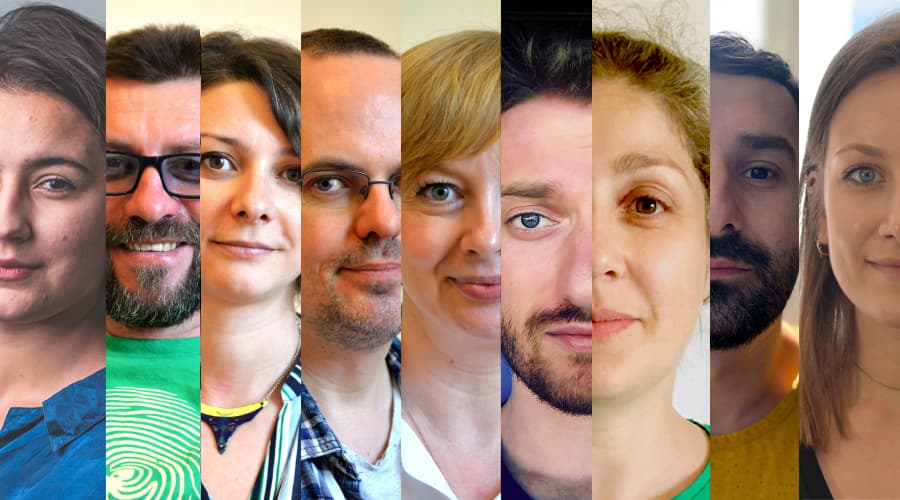
Avem nevoie de ajutorul tău!
Mulți ne citesc, puțini ne susțin. Asta e realitatea. Dar jurnalismul independent și de serviciu public nu se face cu aer, nici cu încurajări, și mai ales nici cu bani de la partide, politicieni sau industriile care creează dependență. Se face, în primul rând, cu bani de la cititori, adică de cei care sunt informați corect, cu mari eforturi, de puținii jurnaliști corecți care au mai rămas în România.
De aceea, este vital pentru noi să fim susținuți de cititorii noștri.
Dacă ne susții cu o sumă mică pe lună sau prin redirecționarea a 3.5% din impozitul tău pe venit, noi vom putea să-ți oferim în continuare jurnalism independent, onest, care merge în profunzime, să ne continuăm lupta contra corupției, plagiatelor, dezinformării, poluării, să facem reportaje imersive despre România reală și să scriem despre oamenii care o transformă în bine. Să dăm zgomotul la o parte și să-ți arătăm ce merită cu adevărat știut din ce se întâmplă în jur.
Ne poți ajuta chiar acum. Orice sumă contează, dar faptul că devii și rămâi abonat PressOne face toată diferența. Poți folosi direct caseta de mai jos sau accesa pagina Susține pentru alte modalități în care ne poți sprijini.
Vrei să ne ajuți? Orice sumă contează.
Share this

